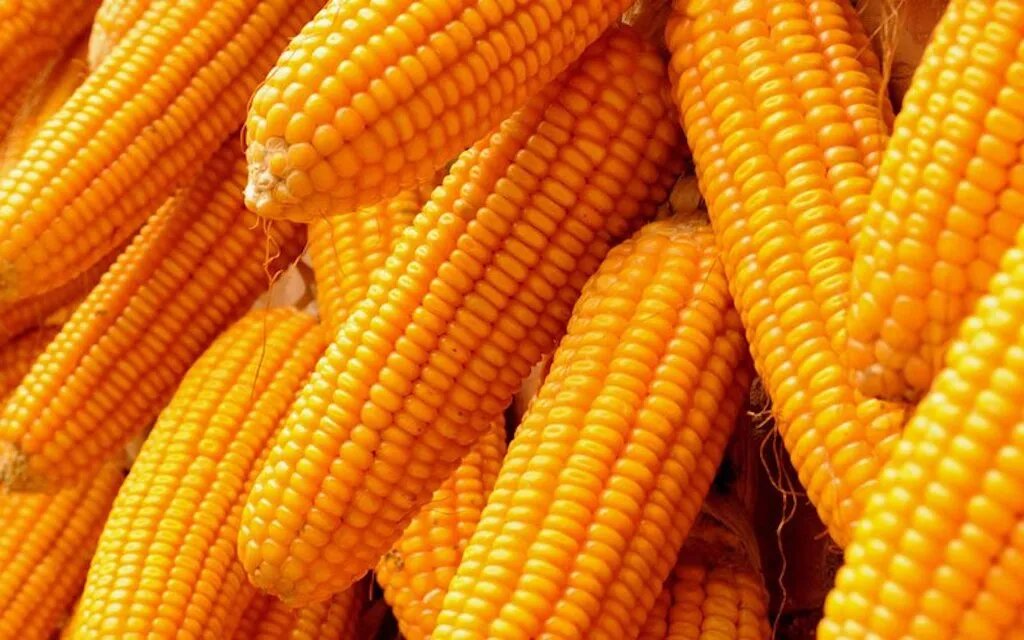Just as the price of foodstuffs and other agro commodities have increased astronomically due to the economic situation of the country, poultry farmers, Small and Medium Scale Enterprises (SMEs), and industries are currently in a dilemma as the price of maize has jumped to N600, 000 per tonne.
For now, the sector players are in still shock on why and how the price of maize – a major raw material for the poultry and cottage industries, increased from over N200,000 per tonne in the last few months to N440,000 two months ago, and now N600, 000.
The untoward development is not only forcing poultry farms to shut down as they are currently running at a loss, but it has also led to an increase in prices of poultry products and goods manufactured with maize.
The Managing Director of Spectra Industries Limited, Lagos, Mr. Durodola Omolewa Kuteyi, who expressed sadness over the development, regretted that the SMEs using maize for their production are practically out of business.
We were crying then when the Boko Haram insurgents and the herdsmen were driving farmers from their farms, the result is what we are getting now. You know at a point the herdsmen even cleared maize farms in Plateau State – they cut the maize prematurely, destroying several plantations that ought to have been a huge harvest.
“Aside insecurity, another cause of this price hike is a diversion of money meant for farmers, and other inputs, especially fertilizers, which did not get to the real farmers. There was a case of about N10m released through a Microfinance bank to SMEs and smallholder farmers, which did not get to them, as it was allegedly misappropriated.
At a point, they said the money was reduced to N3m, later we heard it was N1m and in the end, nothing happened. Since then, we have not seen any funds for the farmers,” he said.
Kuteyi lamented that the development has led to retrenchment of staff, noting that, “When there’s no raw materials to produce, what do you do? You close. Maize is currently N600 per kg, which translates to N600,000 per tonne.
“If the price of something moved from N200,000 to N600,000 within months, how do we face the consumers, to the extent that scarcity of the commodity has hit some areas?
“The government should give a lot of incentives to farmers, and at the same time beef up security. Government should give farmers assurance that they will not be attacked again. Farmers should be rest assured that cattle will no longer eat their maize and other crops. Government has a lot to do in making food available for people,” he said.
A poultry farmer in Plateau State, Mr. Damilola Abayomi, who described the situation as worrisome, said he is on the verge of shutting down operation as he has incurred debts due to the increasing price of feeds.
“Some of us are staying in this business just to keep our capital busy, no profit in the last few months, due to the increasing cost of feeds. But in the last few weeks, I have incurred losses and I am considering shutting down because.
“The patronage has reduced drastically due to the level of purchasing power. Even the few customers we see, they always underprice the eggs and meat. Unless something drastic happens from the government, the industry might face the exit of many farmers,” he said.
On his part, the South West Zonal Chairman, the Poultry Association of Nigeria (PAN), Mr. Gideon Oluleye, who called for urgent intervention to save the industry due to the effect of the maize price hike, said the farmers are yet to recover from the effect of the naira redesign policy before the current challenges.
Oluleye, who disclosed that the removal of the fuel subsidy has caused a galloping increase in the cost of inputs in the subsector, which has worsened the plight of farmers in the country, said the marketing strategy to hoard maize is the major cause of the scarcity, which had led to the high cost of maize in the open market.
“Recently some maize was allocated to farmers by the CBN and the Nigeria Commodity Exchange (NCX) market, as part of interventions to bring down the soaring prices of maize in the market. About 40,000 metric tonnes were allocated at the rate of N220,000 and N225,000 per tonne to farmers, while the farmers were still trying to negotiate a reduction in the price per tonnage, which they perceive as too high for an intervention program, the two weeks payment deadline issued by the NCX lapsed.
“Only a few farmers and stakeholders could meet the deadline. At the expiration of the deadline, the NCX and the CBN withdrew the allocation. A few states like Oyo, Ekiti, and others paid at the brink of the deadline, yet the commodity exchange market went ahead to cancel the allocations. All efforts to convince them to renew the allocation at the initial price given proved abortive,” he said.
The PAN Chairman of the Oyo State chapter, Elder Oyekunle Omidokun, revealed that the Agric sector has contributed an average of 24 percent to the National Gross Domestic Product (GDP), which has provided job opportunities for millions of Nigerians while urging the Federal Government to intervene and save the sector from imminent collapse.
He lamented that the high cost of Diesel, Premium Motor Spirit (PMS), and foreign exchange scarcity has affected the cost of vaccines, and veterinary drugs while urging the government to release 20,000 metric tonnes of maize to PAN at a discounted rate in order to mitigate the challenges facing the industry.










